How cancer patients overcome constipation after receiving chemotherapy
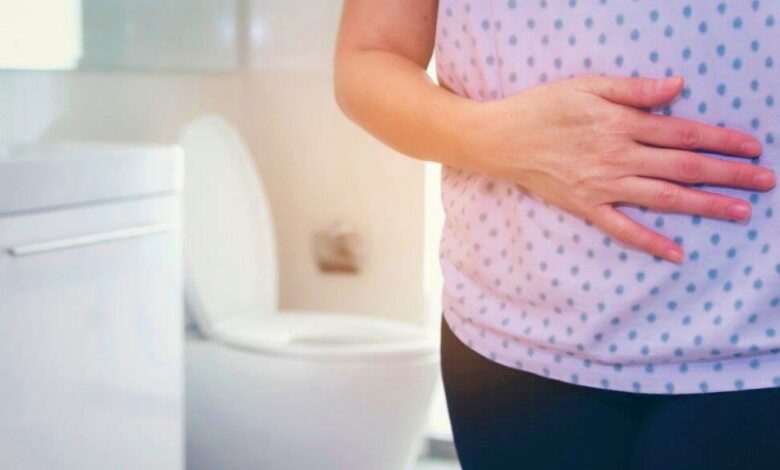
1
One of the most common symptoms that cancer patients suffer from after receiving chemotherapy is the complaint of constipation, as this is a source of concern for many cancer patients, and thus directly affects the patient’s quality of life and his ability to deal with the variables of daily life in addition to his feelings. Discomfort that persists for long periods of time. So we decided today to learn about how to overcome the cases of constipation that cancer patients suffer from after receiving chemotherapy doses.
What is meant by constipation?
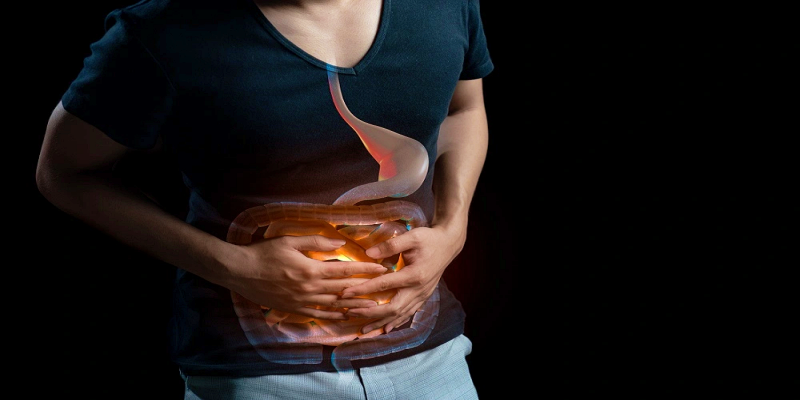

What is meant by constipation?
When talking about constipation, we can say that it is one of the intestinal problems characterized by difficulty or scarcity of defecation, and it is considered a common problem that some people may face during different periods of their lives.
Constipation can occur due to many factors, such as lack of fiber in the diet, lack of drinking water, changes in lifestyle, stress, anxiety, lack of physical activity or even taking some medications, the most important of which are the types of chemotherapy used in patients with cancerous tumors.
What are the causes of constipation after receiving chemotherapy?
In reality, there are several main factors causing cancer patients to suffer from constipation after receiving chemotherapy doses. It is worth noting that these reasons are as follows:
First: harmful drug interactions
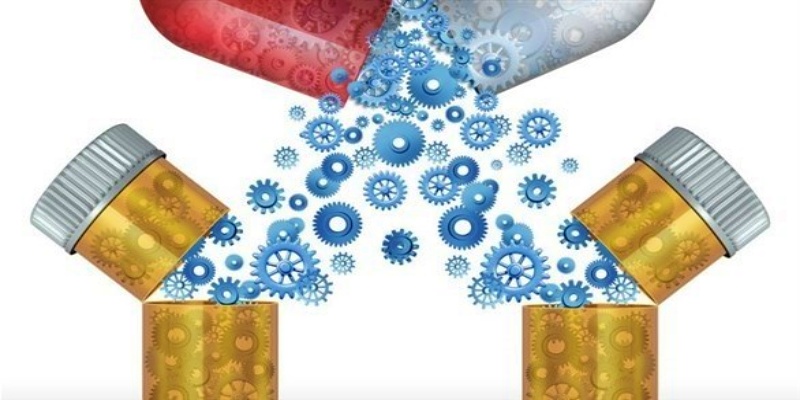

Adverse drug interactions
Chemotherapy drugs and their metabolites are among the most important factors that cause a lot of damage to the intestinal mucosa. For example, the released 5-hydroxytryptamine (5-HT) is the main neurotransmitter that causes the vomiting reflex. Therefore, doctors often prescribe certain antiemetic medications for use in patients.
Medications commonly used for these conditions include the following items (ondansetron – tropisetron – etc.). It is worth noting that all of these pharmaceutical elements significantly reduce gastrointestinal reactions such as nausea and vomiting in patients and improve the ability to treat tumors.
However, although antiemetics are effective, they will also reduce gastrointestinal peristalsis, slow intestinal transit time, and reduce gastrointestinal secretion. In addition, due to the effect on the central nervous system, it also impairs the patient’s sense of defecation, which leads to constipation.
Second: Diet
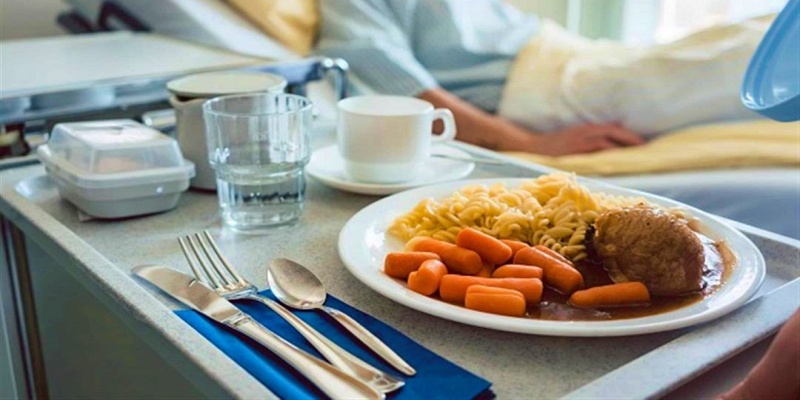

Diet
Many times, patients with cancerous tumors who receive chemotherapy often suffer from a very annoying condition represented by loss of appetite after taking the therapeutic dose.
It is worth noting that this condition may result in eating very little food, eating a very limited diet, and drinking smaller amounts of water that the body needs, and then all of these factors are among the most important causes of suffering from severe constipation throughout this period.
Hence, we must know that eating smaller amounts of food will not be able to produce sufficient stool capacity, and thus the process of defecation will decrease and suffering from constipation will occur.
Third: motor and psychological factors
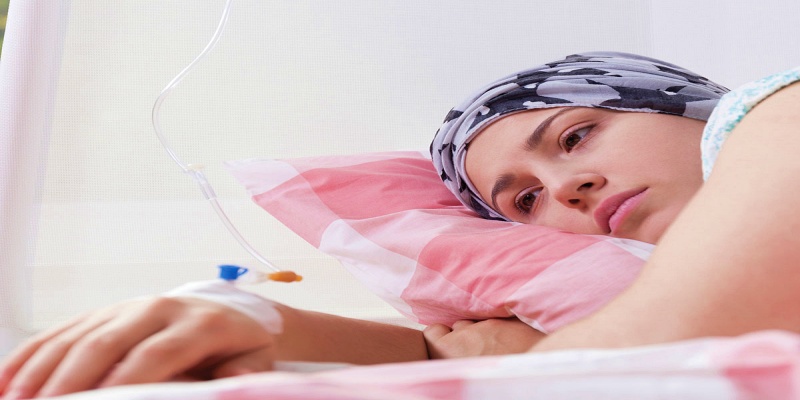

Motor and psychological factors
Patients with cancerous tumors who receive chemotherapy often suffer from a weak and emaciated physical condition, a decrease in physical activity, and poor mental and psychological health, and from here occurs a state of change in bowel habits, whereby suffering from constipation becomes worse.
Read also: 6 important steps to prevent cancerous tumors
What should we do to improve constipation after chemotherapy?
– Non-pharmacological treatment


Non-drug treatment
When talking about this type of treatment, we must know that it mainly includes some nutritional modifications and lifestyle changes, as this is clear through:
- Increase a diet rich in fiber such as grains, fruits and vegetables.
- Drink more water or juice.
- Eat more yogurt and other foods to increase bowel movements and build consistent bowel movements.
- You should try not to miss exercise even while receiving chemotherapy, as it is recommended that you choose appropriate physical exercises, such as walking.
- You can resort to performing an abdominal massage routine in circular movements in a clockwise direction within half an hour after eating meals, and this should continue for 10 minutes on a regular basis.
-Pharmacological treatment
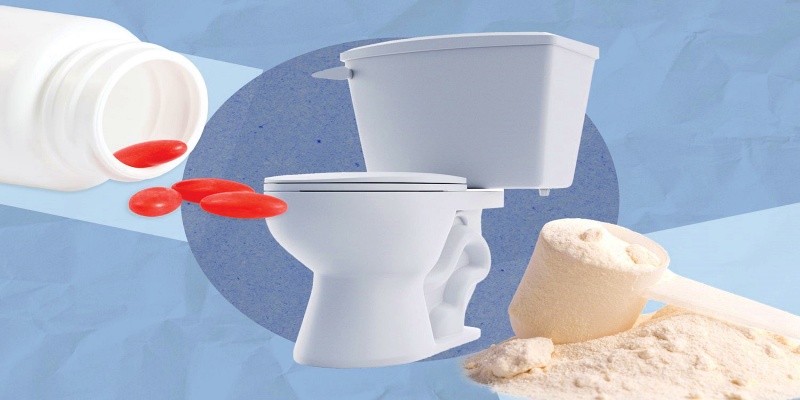

Drug treatment
If the above-mentioned non-pharmacological treatment and self-preservation methods do not work, the treating physician may consider pharmaceutical components, as constipation medications can be chosen according to the severity of constipation, which may be divided into bulk-forming laxatives, osmotic medications, stimulant laxatives, and stool softeners.
Constipation medications should usually be taken orally, because excessive use of suppositories and enemas can lead to suffering from inflammatory bowel disease, but it should also be known that excessive use of laxatives can lead to dehydration and an imbalance in salt and mineral levels in the body. inside the body.
It is also worth noting that long-term use of laxatives used to treat constipation can lead to dependence on this type of medication, and then bowel function decreases significantly. Therefore, this must be done in accordance with the instructions of the specialist doctor.
Read also: For cancer patients…ways to treat loss of appetite after chemotherapy




